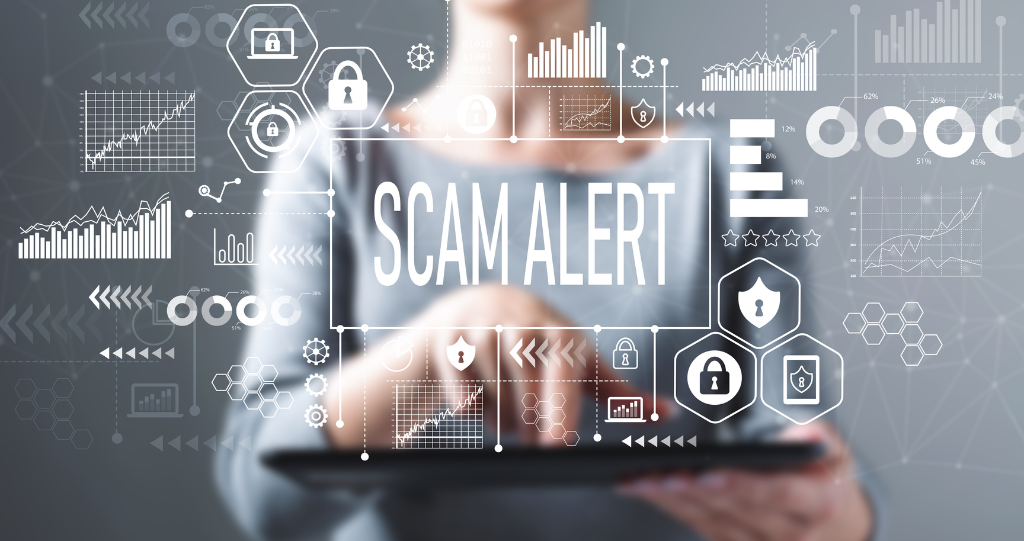
How many more text messages from businesses do you get now than you did two years ago? It’s quite a few more if you’re like many other people.
This is as a result of retailers starting to avoid clogged email inboxes. They advise customers to sign up for SMS alerts so that they can track their shipments and learn about sales. The medical sector has also embraced the style. Doctor’s offices send SMS appointment reminders, and pharmacies send automated refill notices.
These text messages can be useful. However, text messages aren’t just used by shops and clinics to draw your attention. Phishing messages are also being sent via text messaging by cybercriminal organizations.
Smishing, or SMS phishing, is a serious issue that is growing.
Phishing via SMS has grown to be a significant risk. Particularly now that businesses are adapting data security to a more dispersed and mobile workforce.
How do I text just me?
If you haven’t yet received a text message from your own phone number, you probably will in the near future. This smishing scam is quickly becoming widespread and causes a lot of confusion. Scammers benefit from confusion. In an attempt to learn more, people frequently click a malicious link in an email.
Cybercriminals have the ability to make it appear as though a text message they sent you came from your phone. They employ clever spoofing software and VoIP connections.
This is a clear indication that it is an SMS phishing scam if you ever see it. You should delete the message instead of interacting with it in any way. A scam SMS can also be deleted and reported by some carriers.
Common Smishing Scams to Beware of
Currently, smishing is extremely dangerous because so many people are unaware of it. There is an illusion of security. People mistakenly believe that their phone number will only be shared with those people.
This is not the case, though. Both legal and illegal methods can be used to obtain mobile numbers. Online, advertisers can purchase lists of them. On the Dark Web, data breaches that reveal customer information are for sale. Mobile numbers are included in this.
Less than 35% of people are familiar with smishing.
It’s critical to realize how phishing email scams are evolving. They have developed into SMS scams that might appear different and be more difficult to spot.
You cannot, for instance, confirm the validity of the email address. Most people won’t be aware of the actual number from which Amazon shipping updates are derived.
These shortened URLs are frequently used in text messages as well. These hide the real URL, and on a phone it’s more difficult to hover over it to see it than it is on a computer.
You must be aware of your surroundings. Here are a few common phishing scams that you might soon encounter in your own text messages.
Having a Delivery Issue
Everyone enjoys receiving packages, right? This smishing scam takes advantage of that fact by pretending to be from a reputable shipper, such as USPS or FedEx. It claims that delivery of a package to you is being delayed because more information is required.
Users may be directed by the link to a form that collects personal data used in identity theft. One strategy used in this scam is to demand a small fee before releasing a package. The website was made by scammers to obtain your credit card information.
Scheduling fake appointments
A South Carolina community was the victim of this scam. In their neighborhood, AT&T fiber internet lines had just been installed. After the installation, AT&T conducted a customer drive to solicit new subscribers.
One homeowner claimed that he received a text message at this time. It claimed to be from AT&T and was asking when he wanted his fiber internet installed. The address they provided was incorrect, which made him think it was suspicious. He had been asked to text back personal information by the con artist.
Receive Your Free Gift.
A text message with no sender information is another recent smishing scam. “Thank you for your recent payment,” it reads. I have a freebie for you. At the bottom of the message is a link.
Many people have reported this scam as being widespread online. This is an illustration of a con artist using a widely known fact. The majority of people would have paid a bill recently and would think the text was from a familiar company. Additionally, it entices people by promising them a free gift.
PCtronics can be YOUR technology partner to meet the IT needs of your company so you can focus on your day to day routines without worry!

